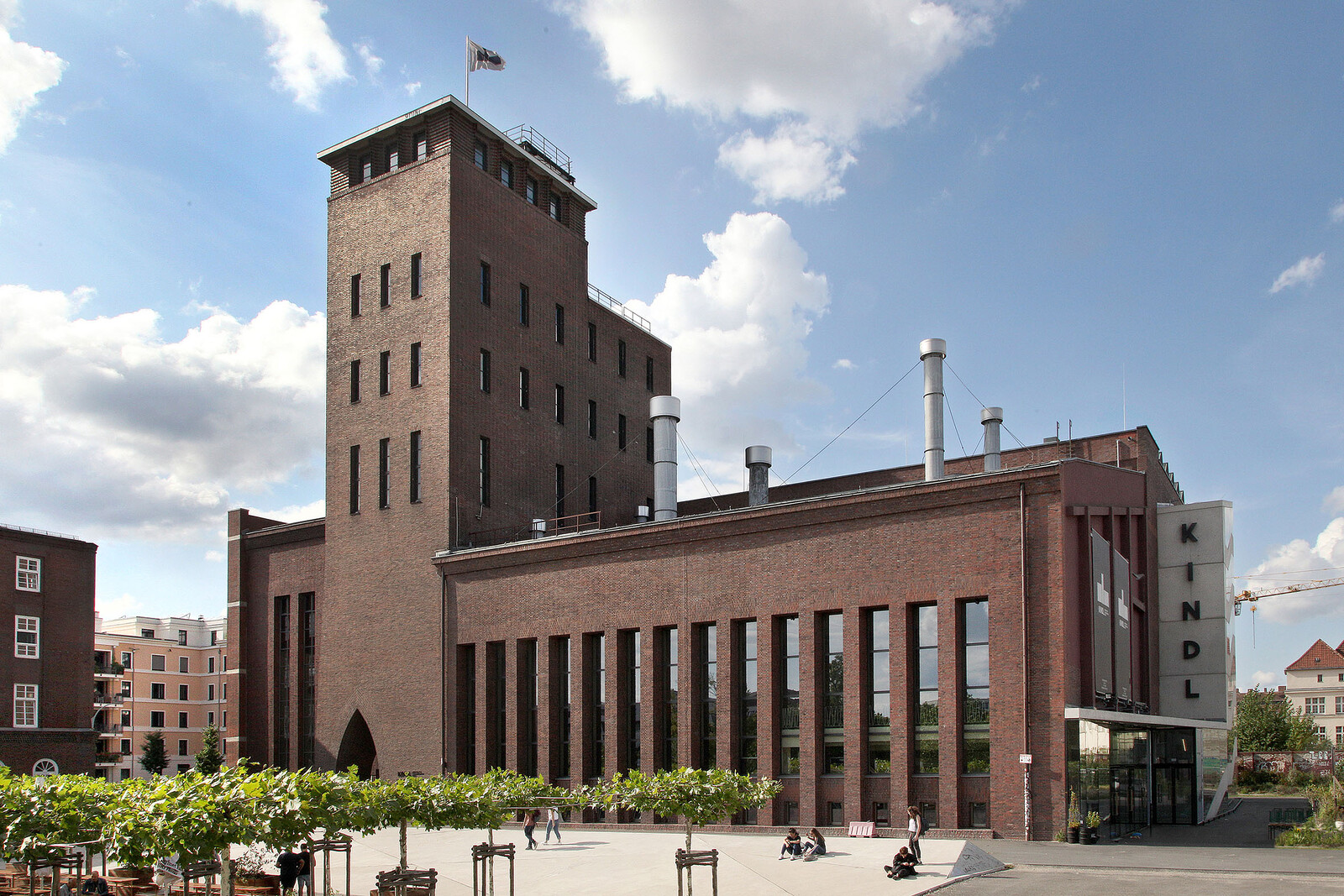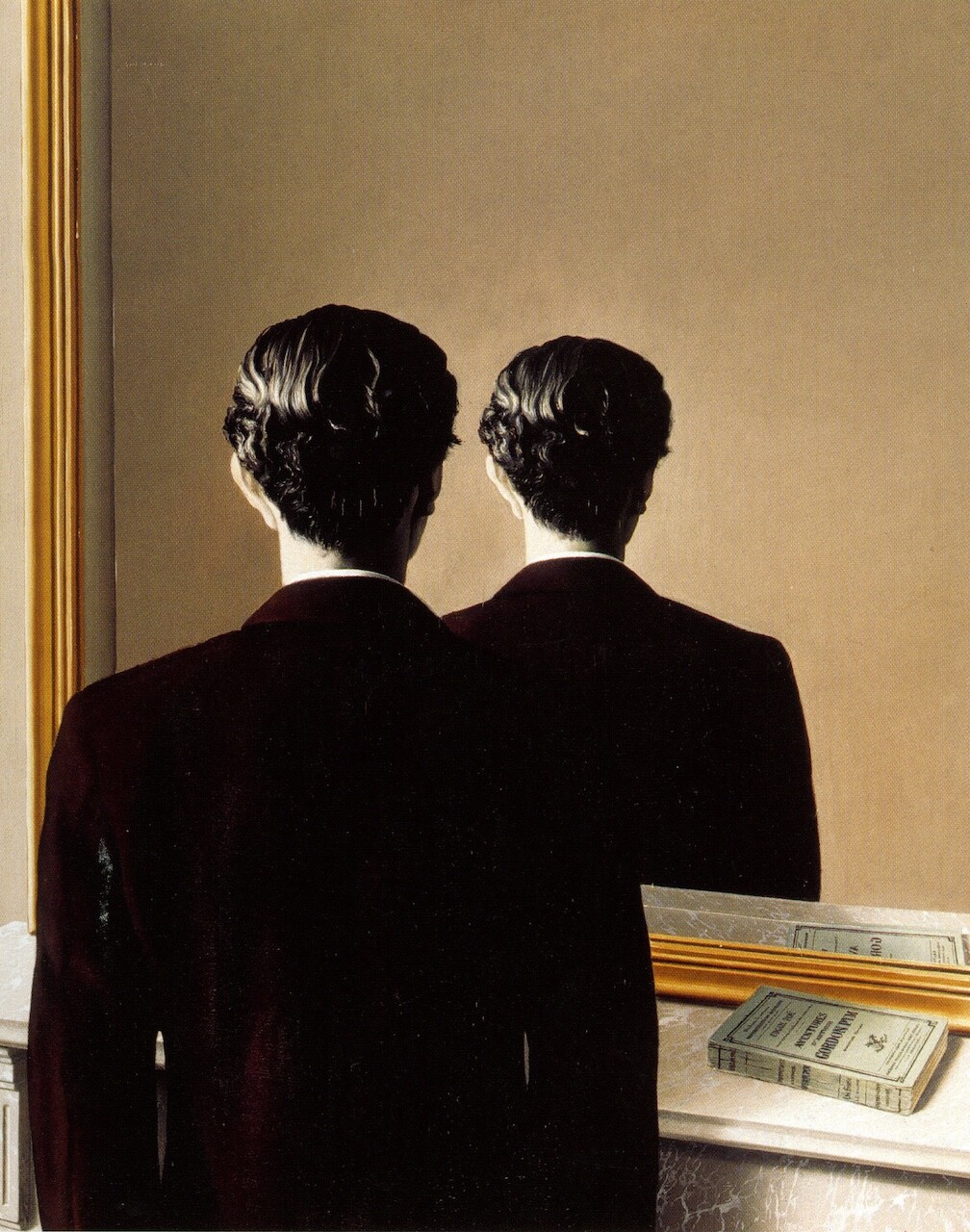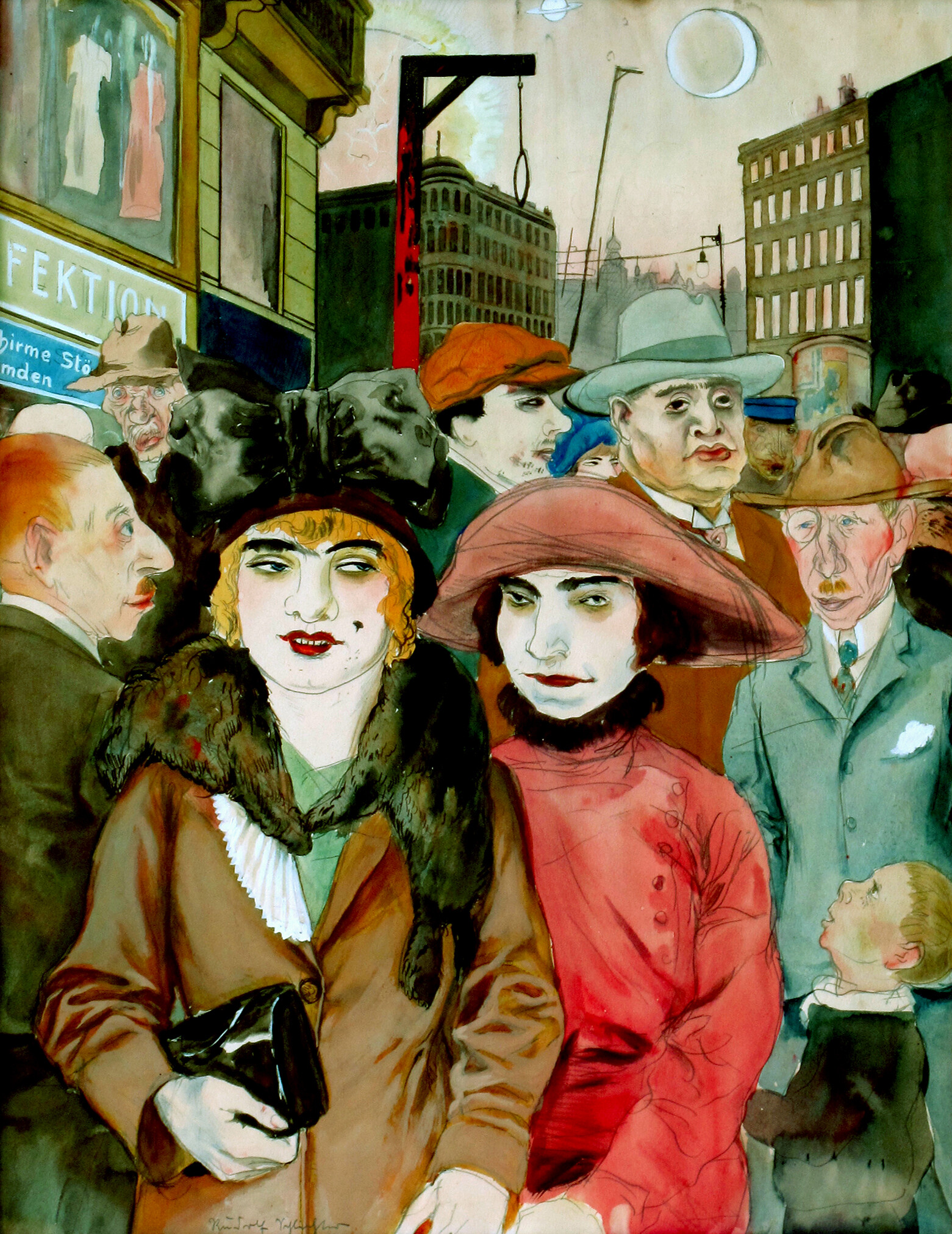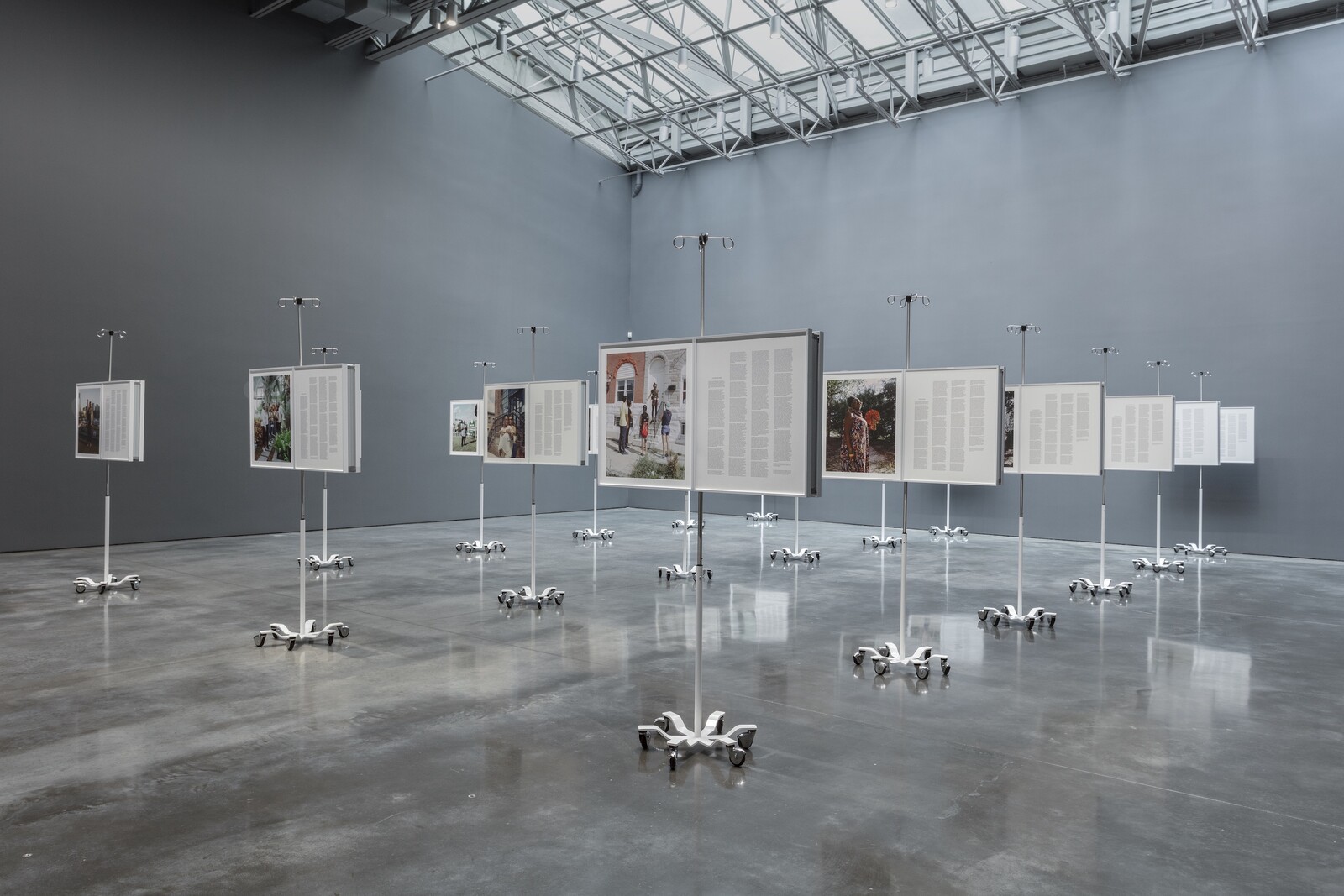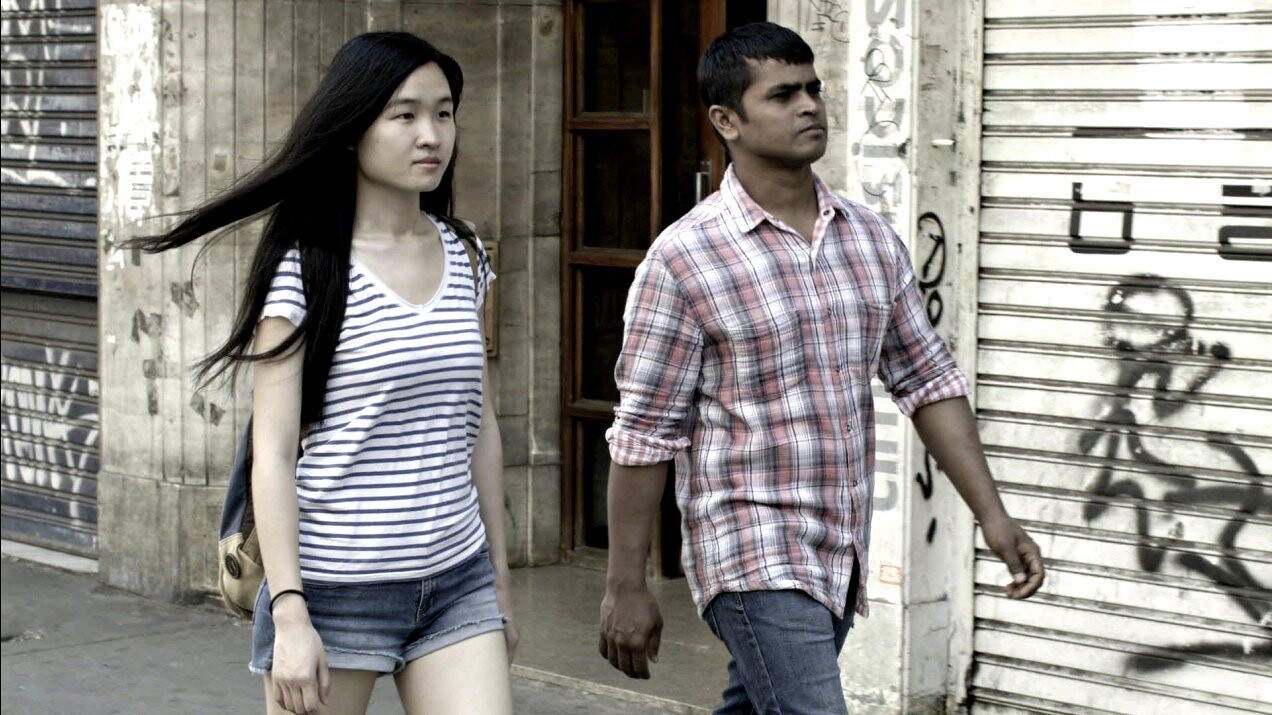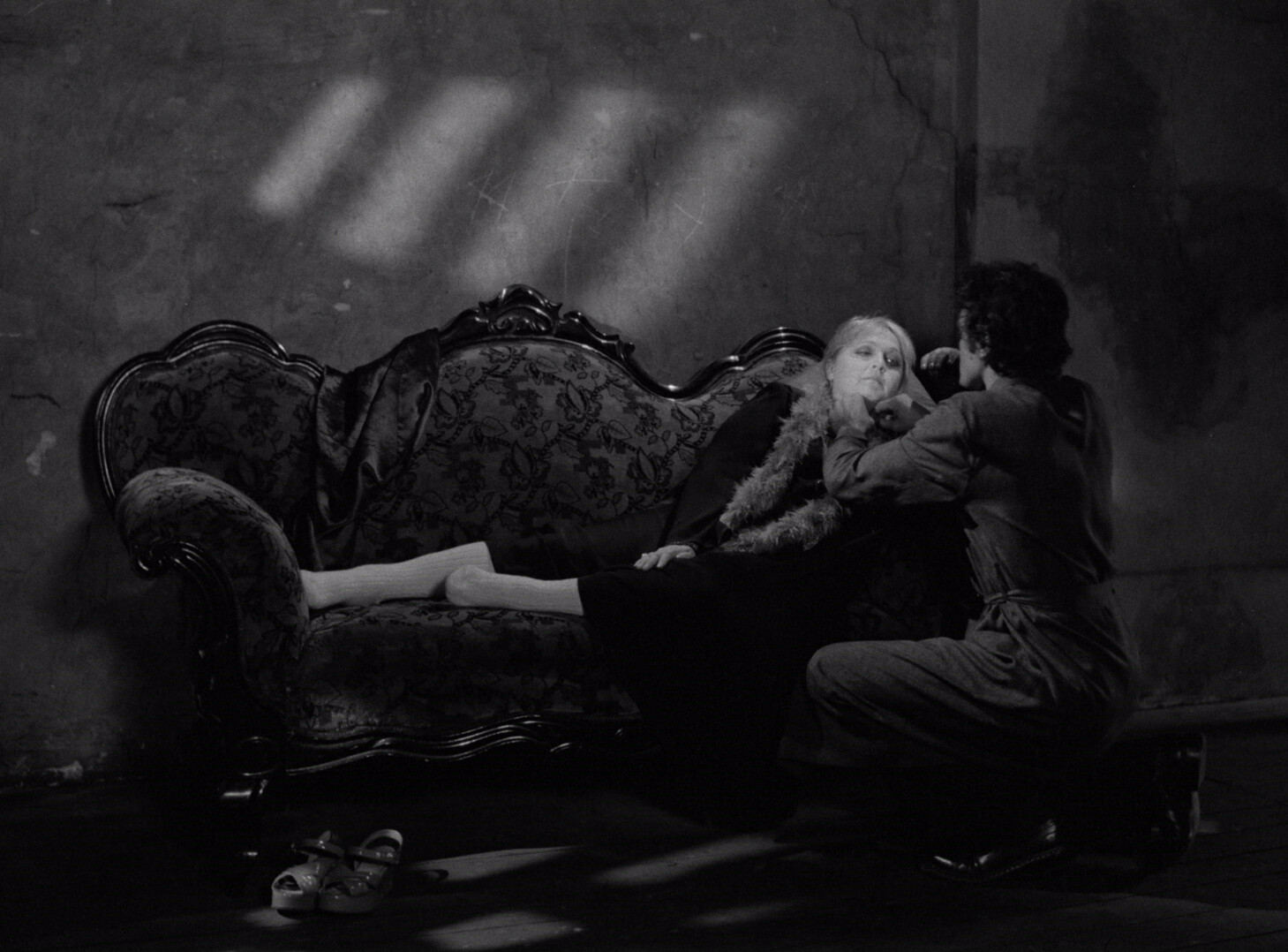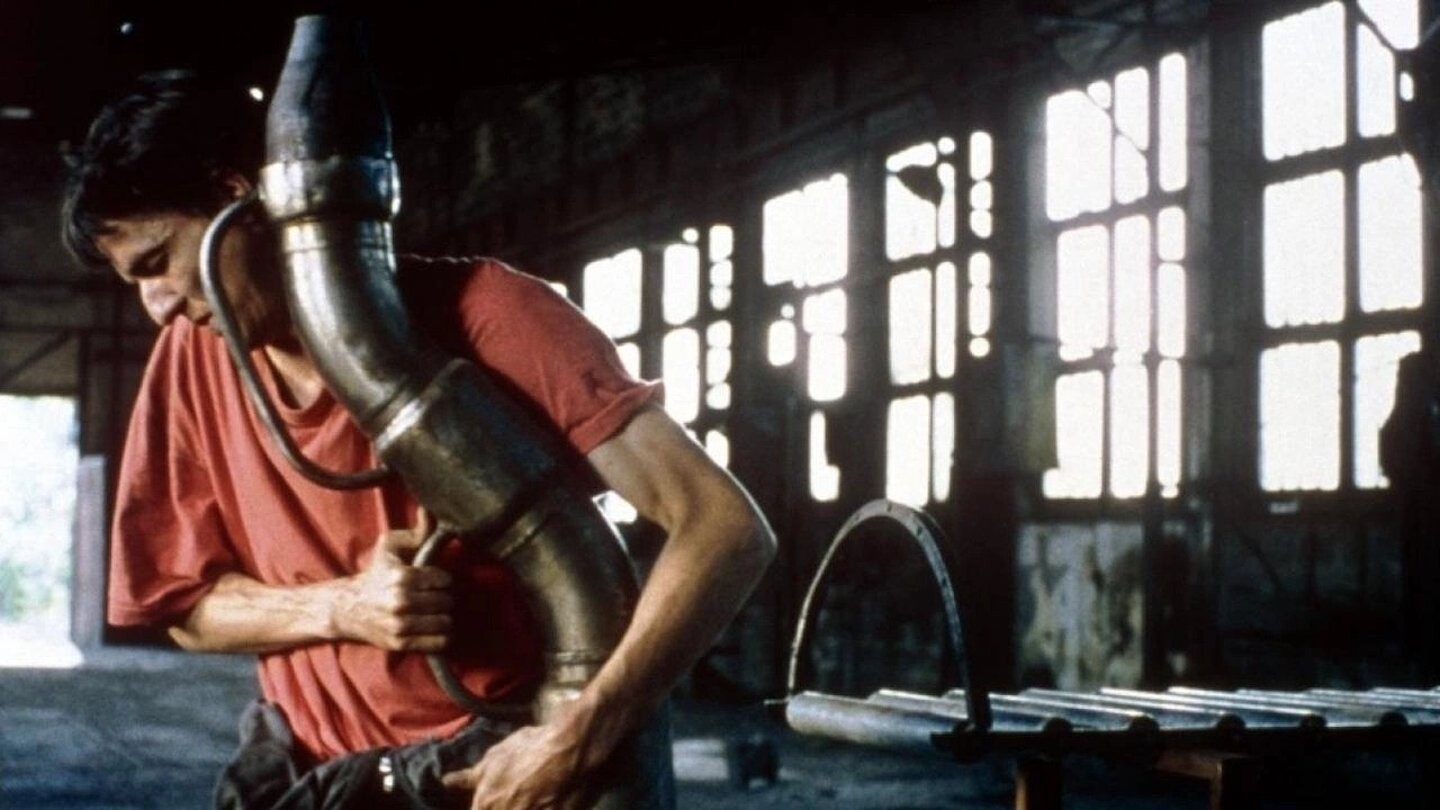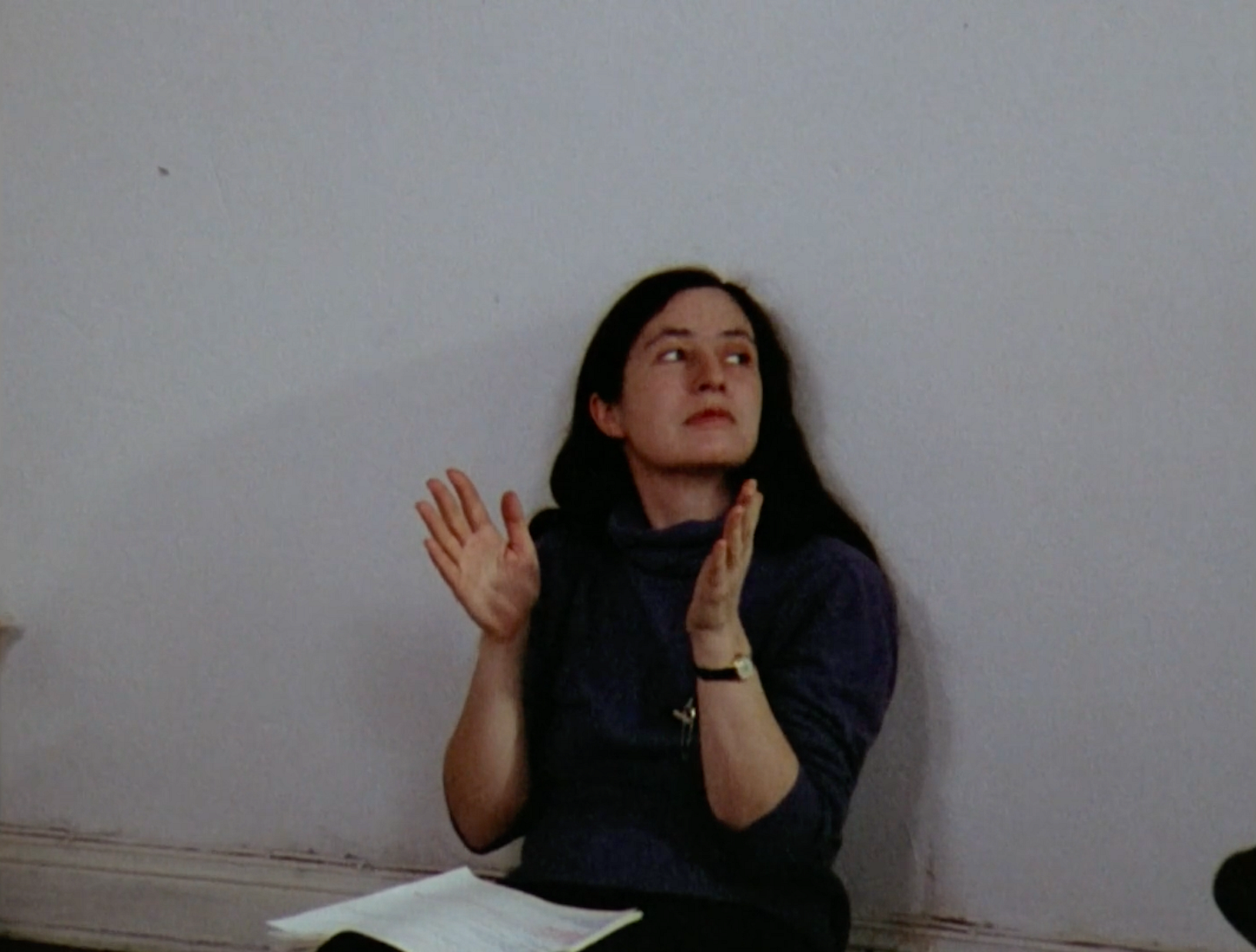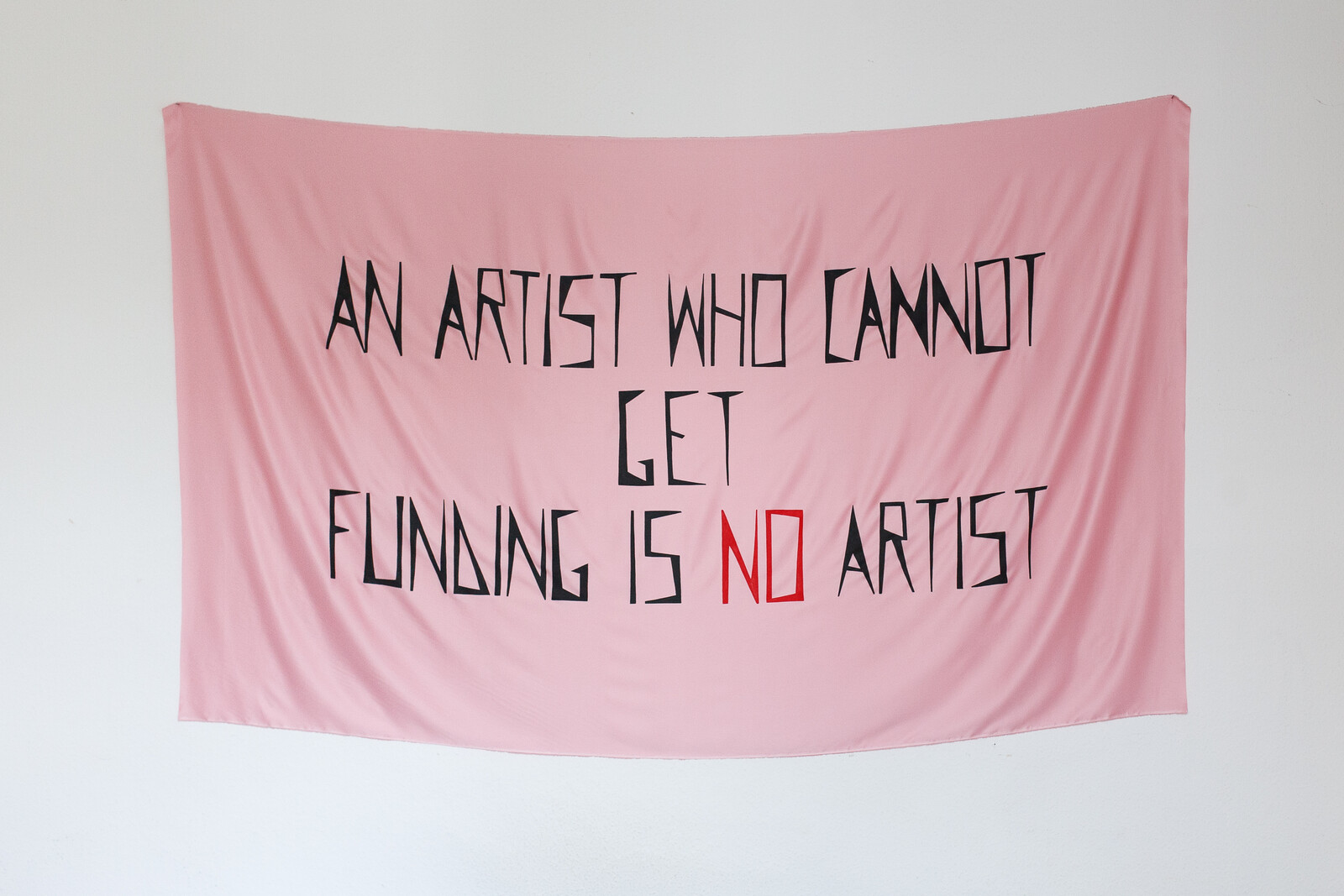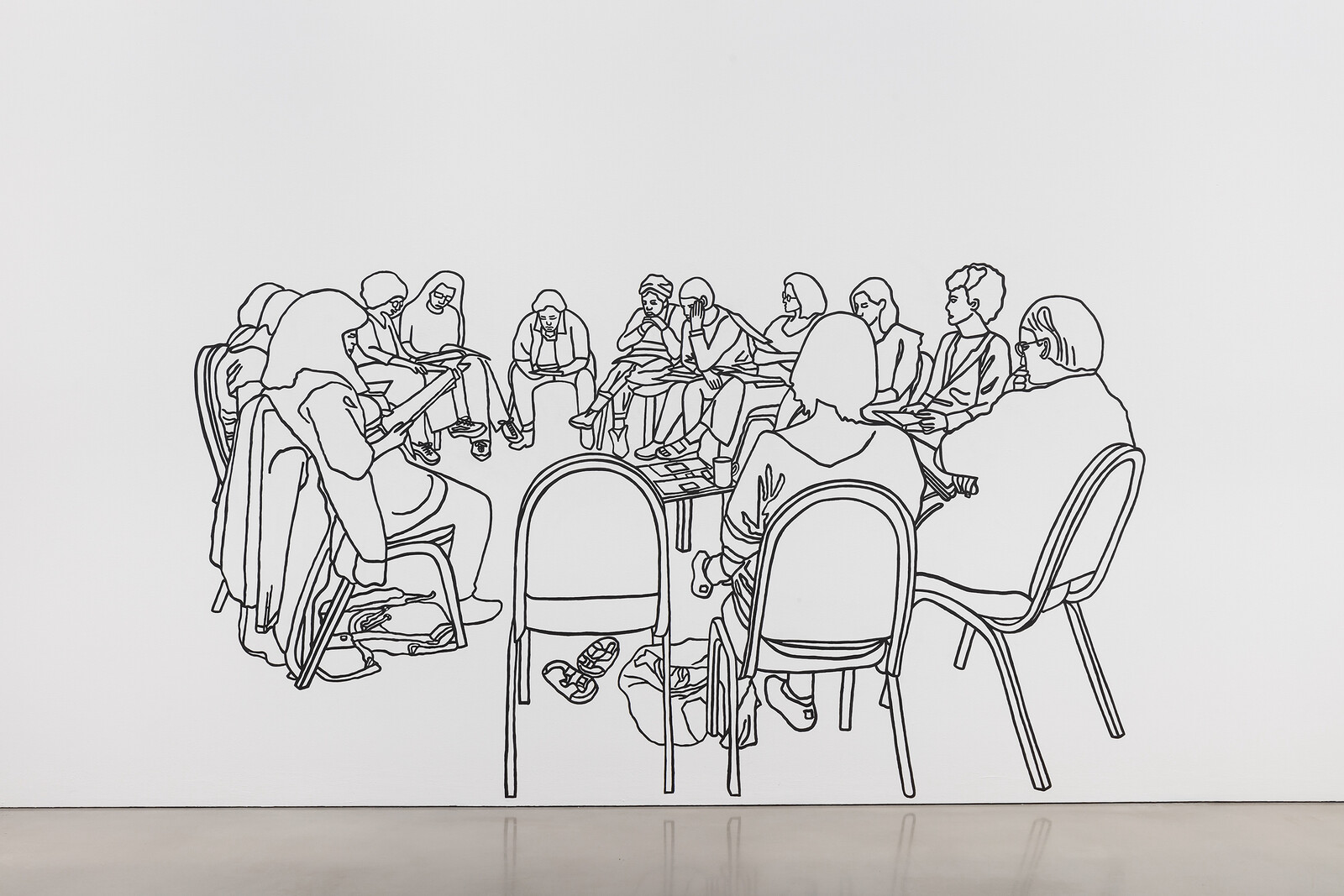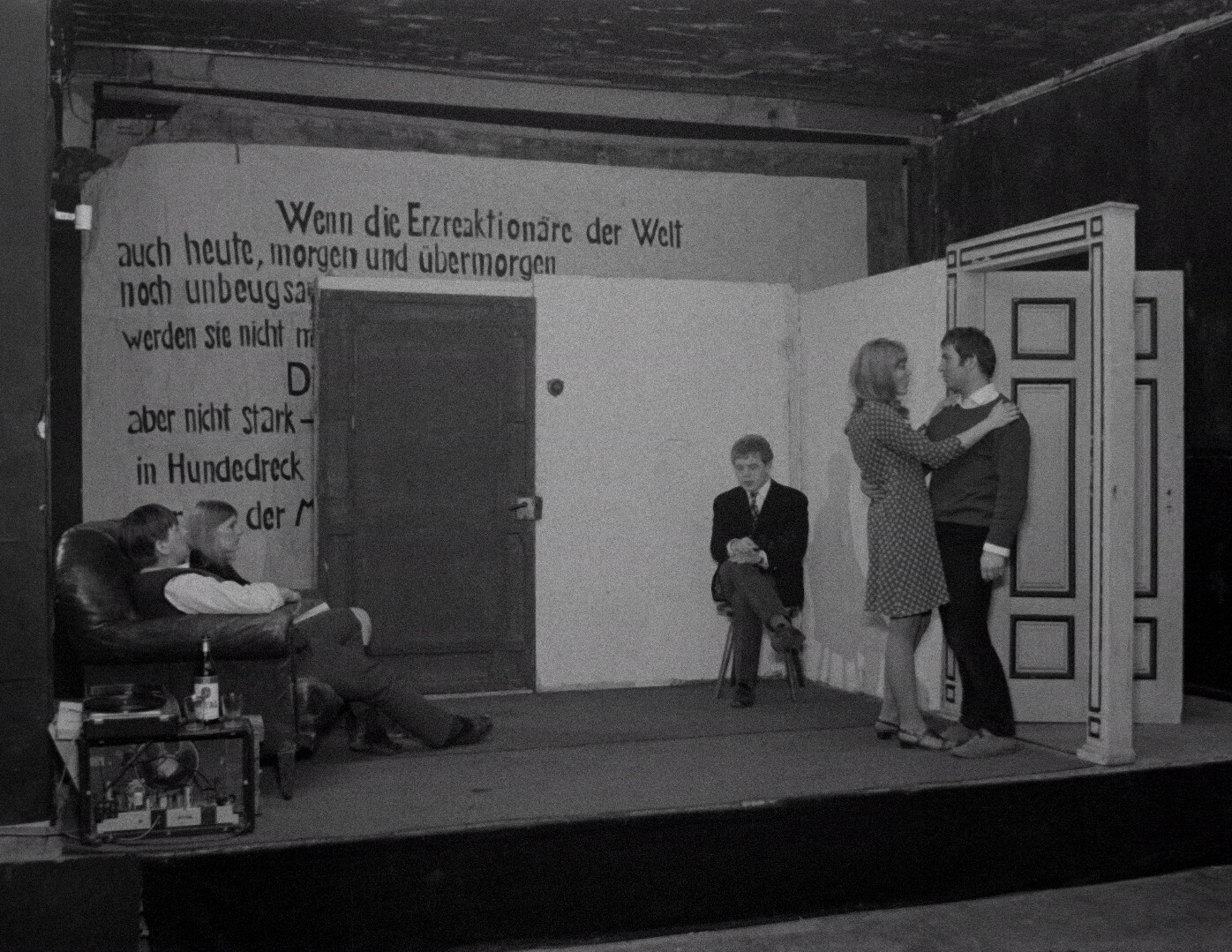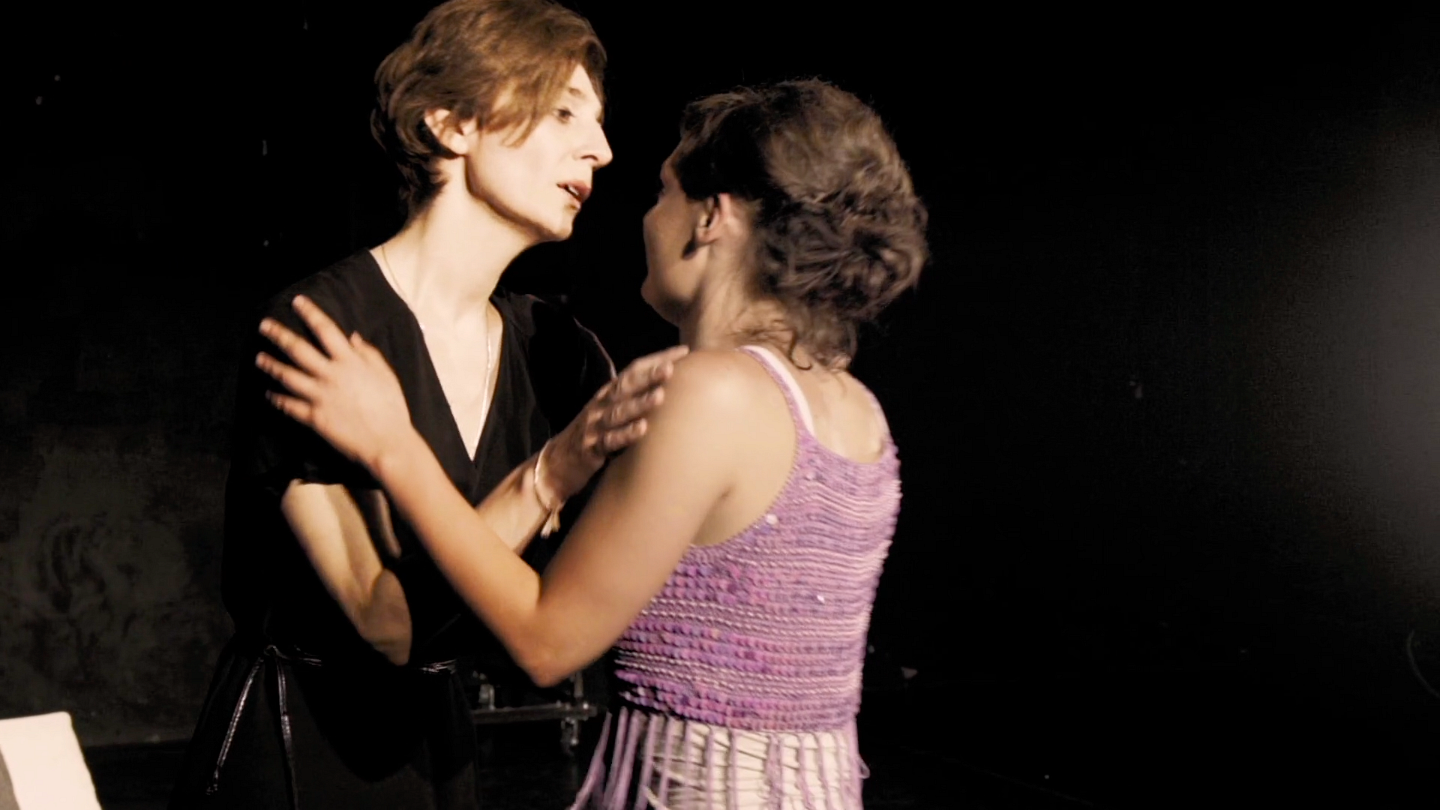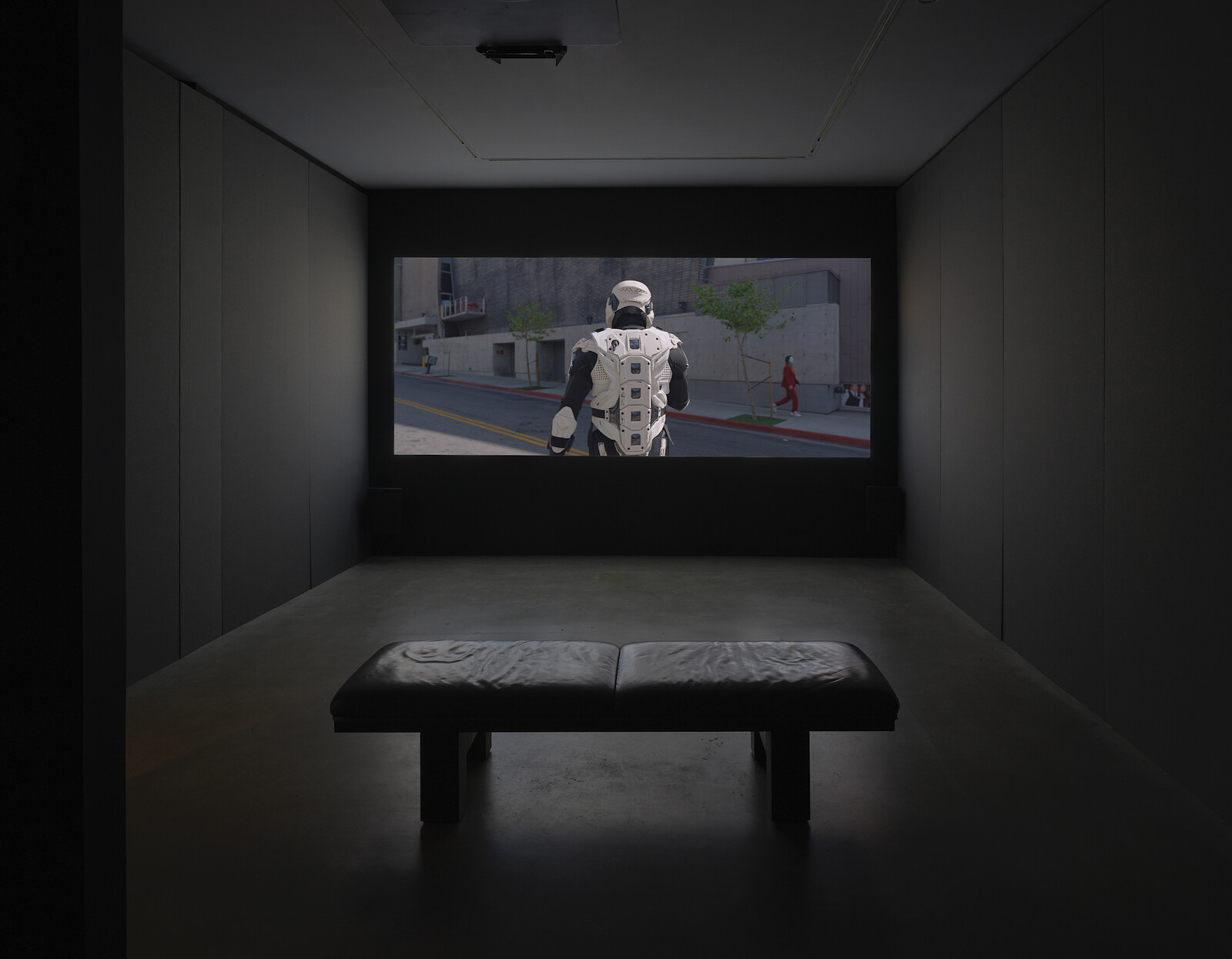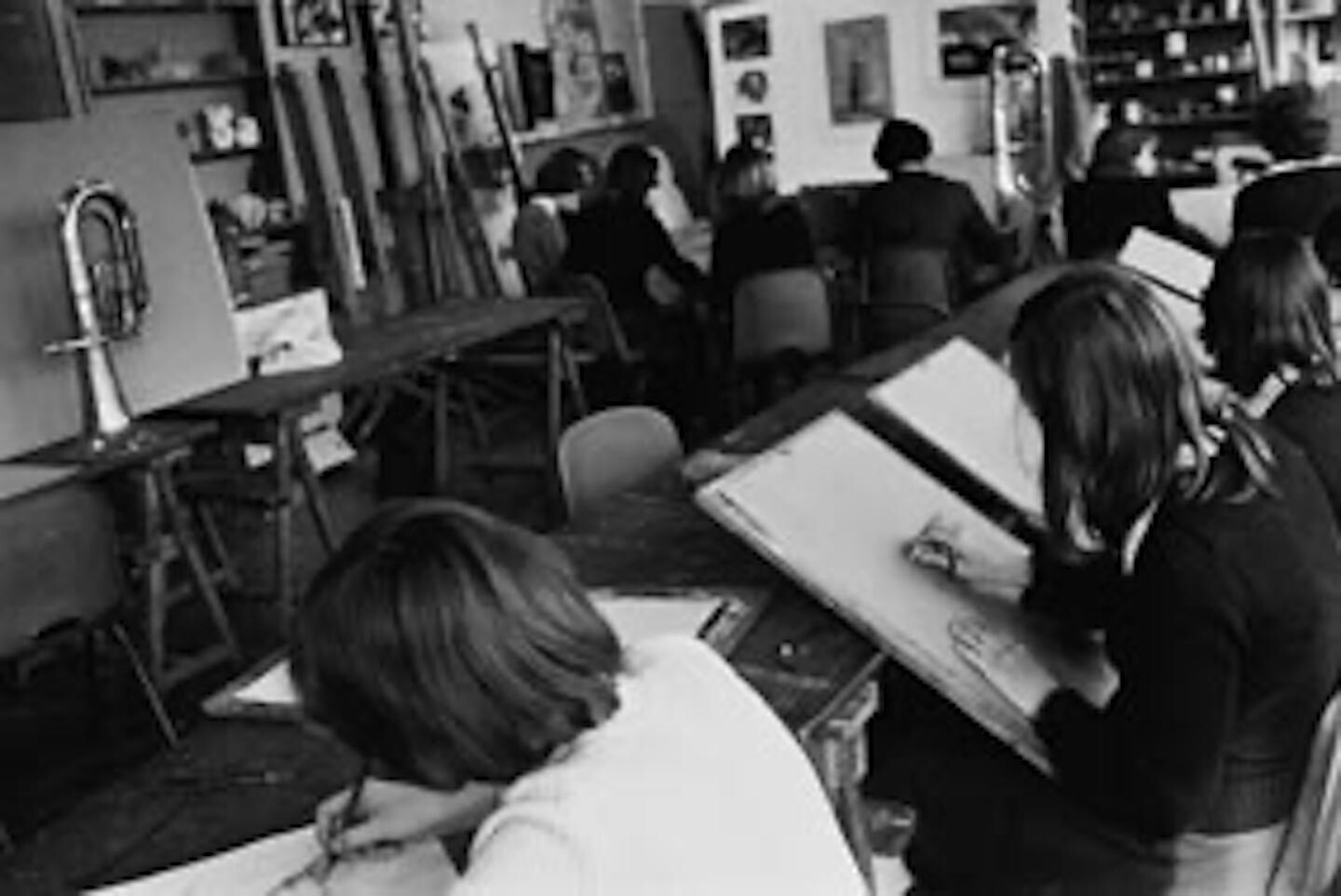Itziar Barrio, Robota MML
Double screening and discussion: Marwa Arsanios and Nele Wohlatz
Screening of Straub-Huillet’s Class Relations, with a talk by Annett Busch
Labor, Class, Desire: A Screening of Alain Guiraudie and Apitchapong Weerasethakul
Part Three
Screening: On trash collectors and Michael Jackson impersonators
Jean-Marie Straub and Danièle Huillet: The Bridegroom, the Actress, and the Pimp
Alice Guy-Blaché: Selected Screenings
People are around me in the hallway again, having returned from the Goldsworthy located beside the house. They say he threw a fit during install and threw his chainsaw. It is art world gossip, but it also shakes up the Texas Chainsaw Massacre trope—a white man with an unleashed chainsaw, the chain actively rotating across the blade while hurtling through the air, is simply an agitated English sculptor who is more renowned for gently arranging dew and dust.
Gyres are a mass of circulating air and currents that are running in a spiral form; they are rings that whirl things round and in our deeply unreasonable present, plastics that spiral into pseudo-islands, killing those who attempt to land and also those snared in lost fishing nets. As gyres, all universities are solid and not solid; located but not local; eddies with morphing dissidents addled by administrative duties and electronic evaluation. Some attempt to legitimize the gyre with honorary speakers. But an honorary speaker hovers over the gyre and never goes ashore (because there is no shore). Has she kept her long hooded clit free of the Forever Chemicals whirling in a spiral, unsoaked? This seems unlikely. An American hood (academic, judicial, or vigilante) is cross-contaminated.
Online discussion with Pip Day, Dalaeja Foreman, and Suzanne Kite, moderated by Irmgard Emmelhainz

